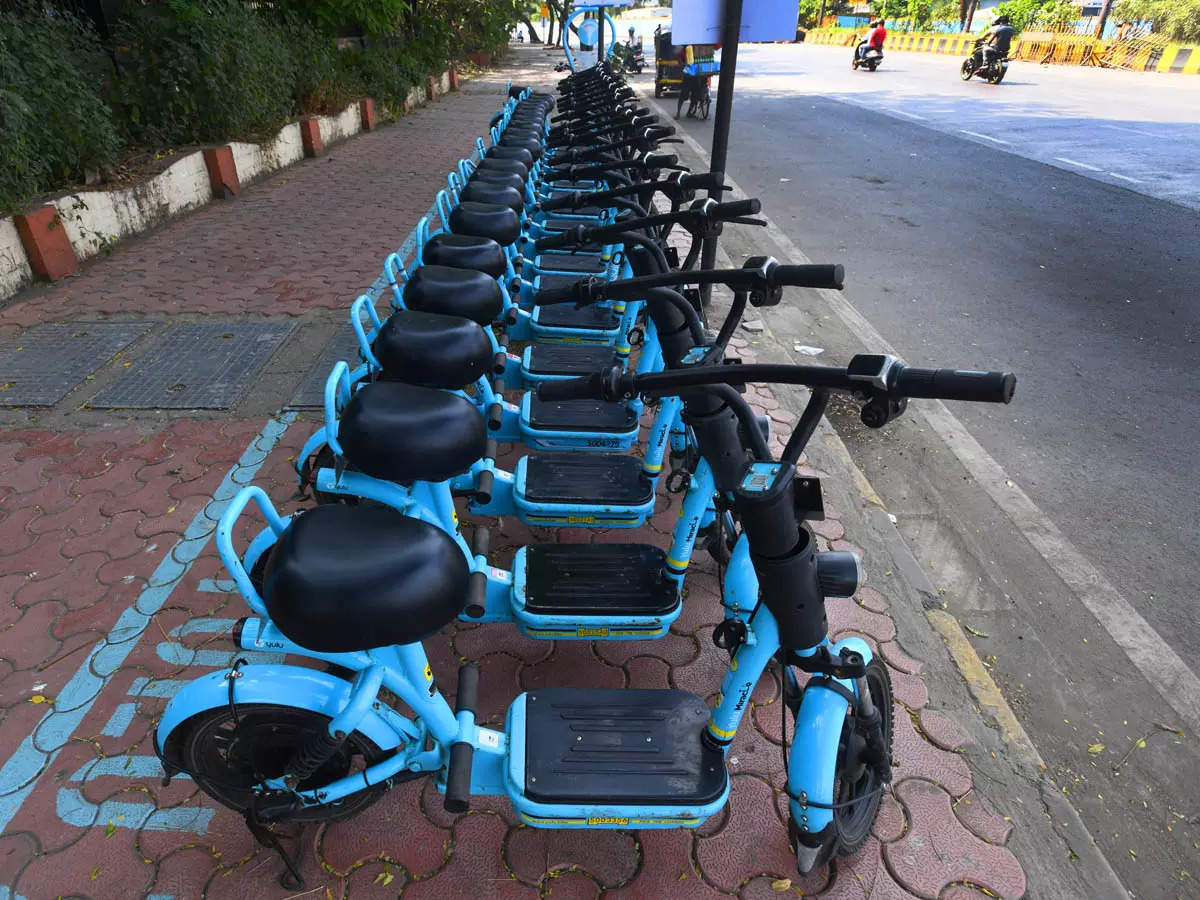Yulu, which has a strategic partnership to develop electric vehicles with Bajaj Auto, is looking at more than doubling the fleet of electric two-wheelers it deploys for passenger as well as cargo movement to 80,000 by the end of this fiscal year. The money will also be used to launch new products, extend reach and develop technology, Amit Gupta, cofounder and CEO of Bengaluru-headquartered Yulu Bikes, told ET.
Yulu has raised over $123 million in equity capital — which includes $52 million for Yuma (a joint venture between Yulu Bikes and Magna International) — from investors including Bajaj Auto, Magna International, Blume Ventures, 3one4 capital, Wavemaker, Incubate Fund, Rocketship.vc, and other institutional and angel investors. Yulu has also secured $12 million in debt financing from the US International Development Finance Corporation and Northern Arc. Bajaj Auto had an 18.8% stake in Yulu Bikes as of February 2024.
Yulu currently has a fleet of 35,000 electric two-wheelers operational in five cities in the country.
“We had started Yulu Bikes as a passenger mobility service. Post-covid there has been a structural change in consumer behaviour. There is a growing preference for delivery services because of increased use of online platforms for purchasing food, groceries and medicines. Yulu now registers as much as 85% of its revenues from goods deliveries,” Gupta said.
Among others, the company has partnered with Zomato and Zepto to provide 35,000 and 20,000 shared EVs, respectively, over a period of time.The company has seen exponential growth in demand from the quick-commerce segment in the last few months, Gupta said. “We expect 5x growth in this segment in the next 3-5 years. Not only are more consumers transacting via quick-commerce platforms leading to an expansion in customer base, they are also transacting more in value terms,” he added.To tap into the potential, Yulu plans to introduce a new vehicle — a mid-speed scooter with a higher payload — customised for quick-commerce deliveries by the end of 2024.
Gupta said Yulu will continue to consolidate its leadership in the mobility-as-a-service (MaaS) segment by deepening existing business lines and opening up new use cases and geographies.
To fuel its expansion plans, Yulu is aiming to close its Series C round this fiscal year.
Gupta declined to specify an exact amount the company is looking at raising but said, “We raised $100 million in equity and debt in the last round. There is no reason why we should raise less. There is a lot of inbound interest from institutional investors, both in India and abroad.”
Yulu expects to be operationally profitable within the next two quarters, he said. “Our burn is negligible. We are well capitalised and have sufficient funds in the bank. But we do need more resources to expand our fleet. We want to raise (Series C) this fiscal to double down on the growth we are seeing in the market, innovate on products and technology to maintain our leadership in this space.”
Yulu aims to offer services, directly and through its partners, in 15 cities by the end of the year. Apart from local sales, Bajaj Auto is exploring opportunities to leverage its network of global distributors to export the products co-developed with Yulu. Studies are on to identify potential markets and exports could start next year.








